Cheap is king: Russia, Ukraine add to China steel export flood

Steelmakers from Asia to Europe are facing increasing pressure from a rise in cheap imports as Russia and Ukraine, armed with weaker currencies, join China in pushing surplus output on to world markets.
The flood of low-priced material and weak demand will keep a lid on global prices, already at their weakest level since 2009, threatening the future of producers elsewhere and raising the risk of protectionist measures.
"We are feeling hopeless, totally hopeless. I am not sure we will be able to survive," said R.K. Goyal, managing director at Indian mid-tier producer Kalyani Steels Ltd. "Some of our customers are demanding a heavy reduction in prices."
Russia and Ukraine boosted their steel shipments abroad to 46.4 million tonnes in 2014, according to consultancy CRU, nearly half of the record 93.78 million tonnes of steel shipped by China, the world's top exporter.
"One could legitimately ask whether Ukraine and Russia are becoming a new China in the export markets, not in terms of volume, but in terms of their impact on price," said Dmitry Popov, who watches the steel sector in the Commonwealth of Independent States (CIS) at CRU.
Despite the recent removal of some tax rebates, Chinese exports are expected to hold at 80 million to 90 million tonnes this year due to chronic overcapacity and shrinking demand at home, says the China Iron and Steel Association.
Even without the rebate, Chinese steel may still be $5 a tonne cheaper than most other suppliers, but this is an edge that Russian producers can now match or even surpass, said Roberto Cola, head of the Philippine Iron and Steel Institute.
"China's competition will be Russia. Like China, Russia is also battling overcapacity," said Cola.
China has an advantage over Russia in Asia given its proximity and a number of free trade deals that limit regional trade barriers. The Philippines, which once imported steel from Russia, was China's third-biggest market last year.
But Russian exporters have a similar advantage in Europe, strengthened by the recent collapse in the rouble.
"At present, Russian material is perhaps the most attractive foreign steel in the European Union given the weak rouble," said Jeremy Platt, analyst at MEPS.
The Russian currency has nearly halved against the dollar over the past year, while the Ukrainian hryvnia has fallen more than 60 percent. This has put their steel producers at the lowest levels on the global cost curve, said CRU's Popov.
Russian producers are better placed to increase shipments than their Ukrainian rivals who face output disruptions from an ongoing war, but Ukrainians are still able to cut prices.
In January, the export price of hot-rolled coil from the CIS, made up of mostly Russian and Ukrainian steel sales, briefly dipped to $435 a tonne, $10 below Chinese prices, according to Popov.
PROTECTIONISM ON THE RISE
Amid rising exports, share prices of Chinese and Russian steelmakers have outperformed their global rivals, including Luxembourg-based Arcelormittal and South Korea's POSCO.
Russian producers such as Severstal, Evraz and NLMK have extended their rally into 2015.
But the growing steel glut is spurring protectionist calls.
In Asia, Indonesia has imposed duties of 26 percent on imports of construction steel products from this year, easing slightly in two years, applying mainly to top supplier China.
India is considering raising import tariffs after producers such as JSW Steel Ltd and Jindal Steel and Power lobbied the government.
In January, Turkey launched an investigation into hot-rolled coil imports from a range of countries, while European steel body Eurofer has called on the EU for greater protection for its members.
"Definitely we are seeing the risk of protectionism on the rise," said Andrey Laptev, head of corporate strategy at Severstal, which increased exports by 5 percent last month and plans to grow shipments further.
But with global steel consumption forecast to rise by just 2 percent this year, smaller producers face being shut out.
"Steel mills are operating in an increasingly competitive environment and without a major change in the present supply/demand situation the threat of closures will only increase," said MEPS' Platt.
XINSTEEL INFORMATION

 +86 371 55057610
+86 371 55057610  inquiry@xsteelplate.com
inquiry@xsteelplate.com


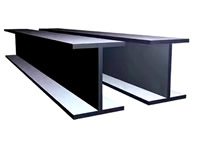
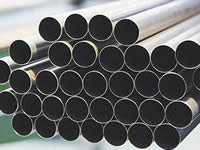
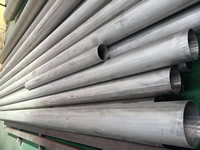
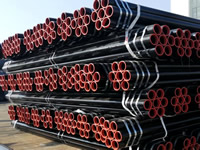
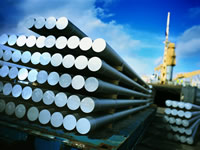

 Tel:+86 371 55057610
Tel:+86 371 55057610  Fax: +86 371 5505 7611
Fax: +86 371 5505 7611